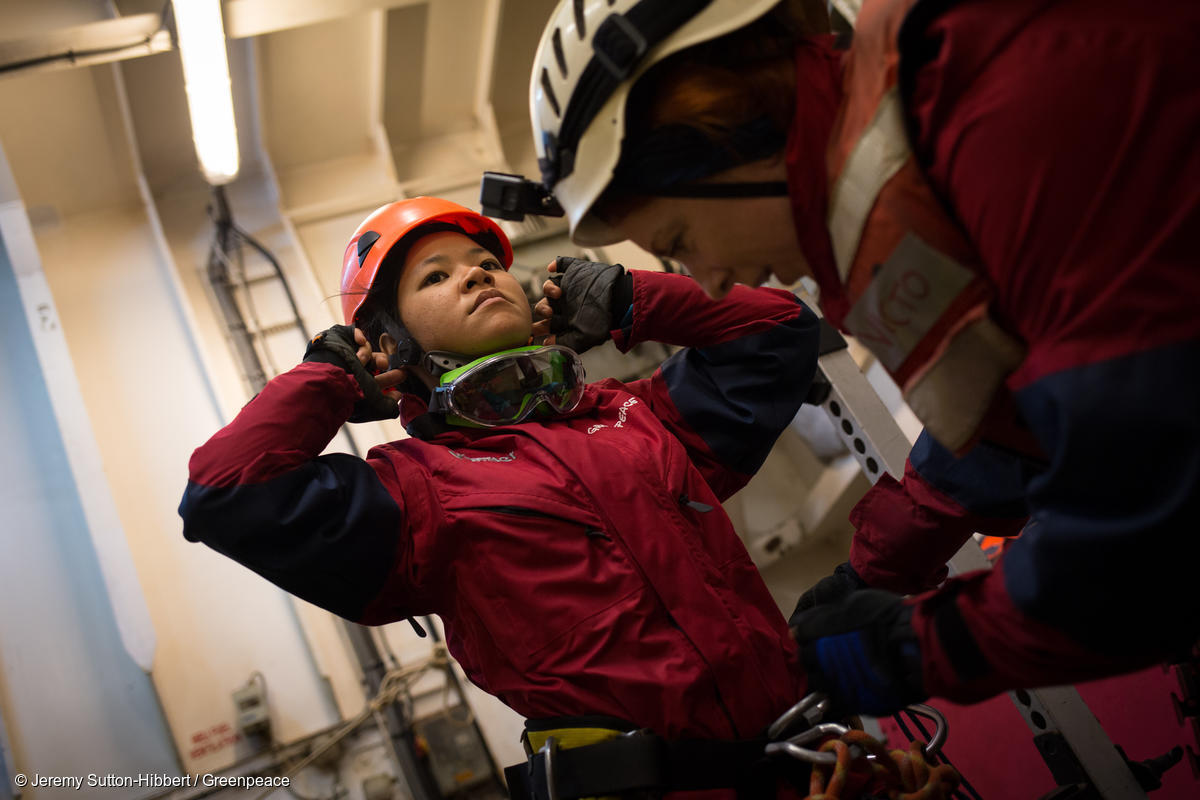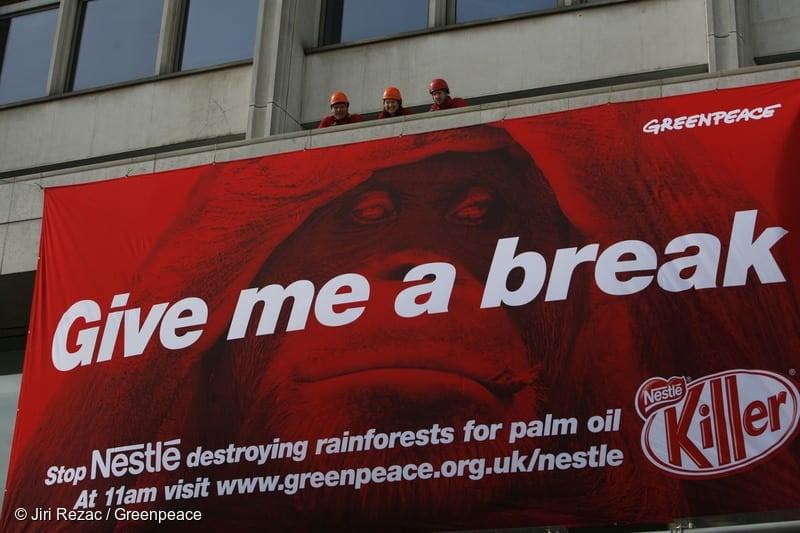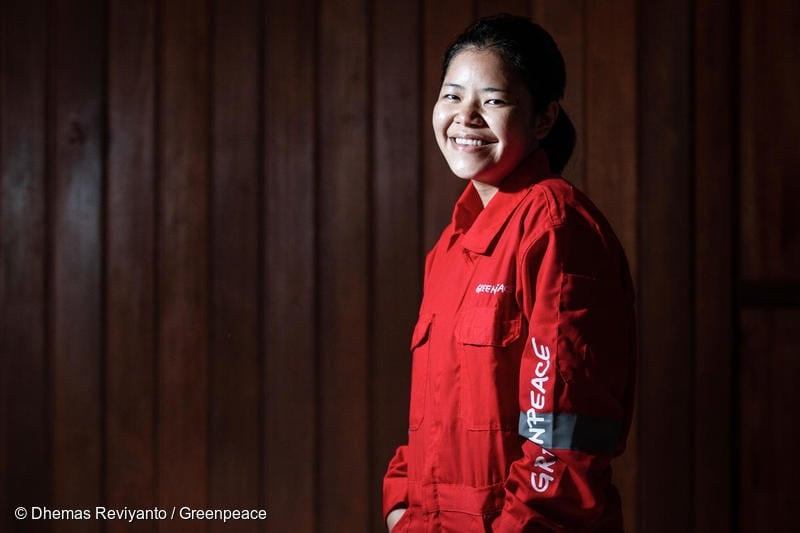This report highlights the urgent need for global palm oil consumers and investors to support Unilever’s call for an immediate moratorium on deforestation and peatland clearance in Indonesia.

Download document
Executive summary: This report focuses on Unilever, which shares major institutional investors with other leading corporations including Nestle, Procter & Gamble and Kraft. Not only do these corporations share investors, they also share growing carbon liability within their raw material supply chains through the expansion in the palm oil sector in Indonesia.
Unilever has recognised the global problems associated with palm oil expansion and the need for drastic reform to this sector. Unilever has taken a bold move in calling for an immediate moratorium on deforestation and peatland clearance. While Unilever’s position is strengthened by its status as the largest palm oil consumer in the world, this report shows how, unless companies like Nestle, Procter & Gamble and Kraft support its call for a halt to deforestation, the palm oil industry will continue to present a massive carbon liability over the coming years.
This report uses Unilever’s palm oil supply chains as a case study to help quantify the carbon liability and collateral risks associated with the Indonesian palm oil sector. It shows how, by buying palm oil from suppliers who account for more than one-third of Indonesia’s palm oil production, Unilever and its competitors are increasing their potential carbon liability and thus leaving investors exposed to potentially significant levels of hidden risk, compromising long-term financial and brand stability.



